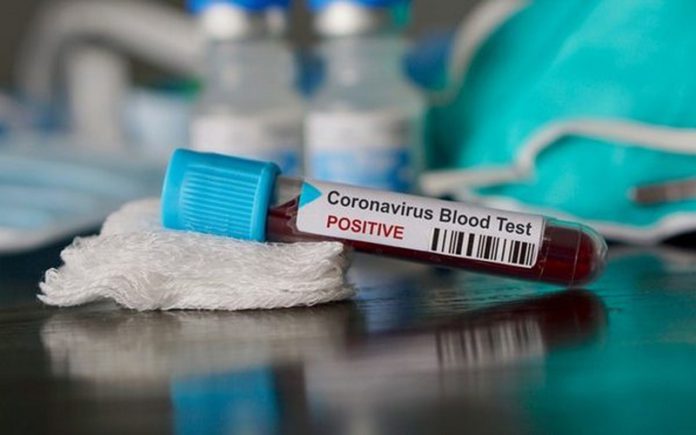The Kumasi Centre for Collaborative Research (KCCR) is working with the Ghana Health Service to set up a laboratory in the Northern Region to enable health officials swiftly test for the deadly novel coronavirus in the northern part of the country.
Samples sent to the KCCR sometimes delay as it is the only facility with the capacity for testing for the virus in the middle and northern sector of the country.
The KCCR has since February tested 1,600 samples of suspected COVID-19 cases of which 24 of those from the Ashanti, Northern, Upper East and Upper West regions turned out positive.
KCCR handles between 300 and 600 samples on daily basis, necessitating the need for more laboratories across the country for expedited service delivery.
Scientific Director at KCCR, Prof Richard Phillips Adame, says dealing with a virus-like COVID-19 requires specialized laboratories.
“We hear in the media expand diagnostics to everywhere but remember that the virus we are dealing with is a dangerous organism and so if you are working with dangerous organisms you need to work in special laboratories” he stated.
“At KCCR, we have what we call bio safety labs with negative pressure in the rooms so when you are working there you can work safely and such safety labs are not many in the country,” he stated.
To reduce the pressure on KCCR, the Ghana Health Service is working with the Centre to establish another testing lab in the Northern Region to cater for samples from the area.
“Usually, before you get the samples we send the samples collection packs to the facilities that need them and they nicely package them and their drivers bring them to us,” Prof Adame said
“We know how the clinical scenario looks like and the rapidity with which we need to provide these samples so we are looking at probably expanding our laboratory to maybe Tamale and Navrongo to provide oversight for them so their travel time is reduced,” he added.
The Regional Health Directorate has meanwhile adopted a four-thematic approach in handling and managing COVID-19 cases.
This includes screening of all contacts of confirmed cases; screening and testing of residents in high risk communities where cases have been confirmed; and screening and testing of all travellers who arrived in the region within the last fourteen days.
So far, 1,836 samples have been cumulated from routine surveillance, community screening, travellers manifest and contacts of confirmed cases.
Ashanti Region has recorded 12 of the COVID-19 cases in Ghana.
Two have died and three are on admission at Komfo Anokye Teaching and Kumasi South Hospitals.
The rest are being managed from their homes.

